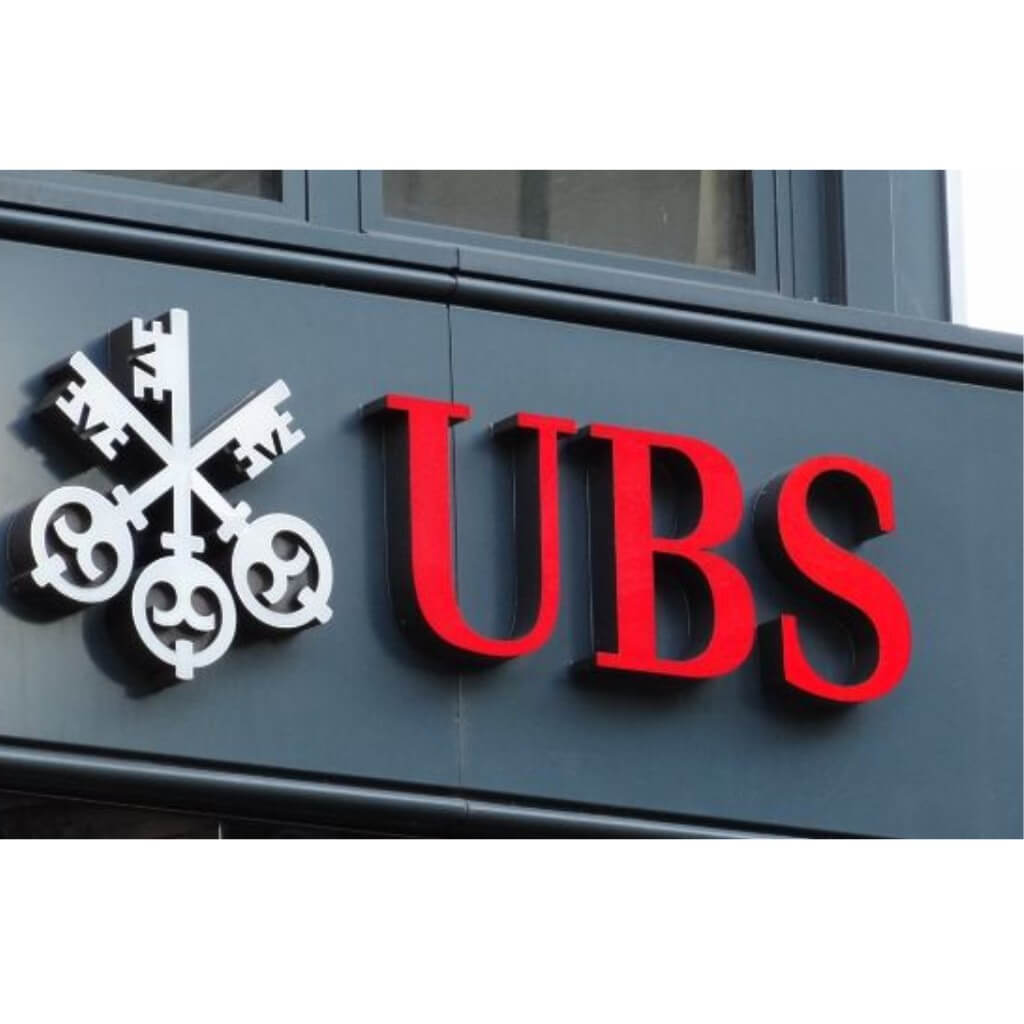In a climactic finish to a long-standing regulatory saga, UBS is set to part ways with a staggering $1.4 billion. This hefty sum marks the bank’s settlement to resolve allegations of mis-selling residential mortgage bonds leading up to the notorious 2008 financial meltdown.
This case stands as the final piece in the mosaic of governmental charges against Wall Street powerhouses concerning the same issue.
Ghosts of Financial Crises Past
Delving into the particulars, the U.S. Department of Justice (DoJ) charged UBS with hoodwinking its investors during 2006-2007. The Swiss banking giant sold 40 residential mortgage-backed securities deals, which, like a house of cards, crumbled during the housing market’s disastrous downturn.
The DoJ’s audacious stance is clear. They claim that UBS wasn’t just playing blind. The bank was allegedly aware that a significant chunk of the loans buttressing the RMBS did not meet the stringent loan underwriting guidelines.
These guidelines, in essence, are there to gauge a borrower’s repayment capability. Furthermore, the DoJ pointed out that UBS recognized that a vast number of the loans’ associated property values were baseless.
On top of this, many of these loans were not even in line with consumer protection laws. Yet, amidst the swirling storm of allegations, UBS remains unmoved. In a response that can only be described as expected, the bank acknowledges the settlement, but with a catch.
They’ve stated that the costs associated with this case have been wholly provisioned for. In fact, they bolstered their reserves by $665 million in the first quarter to cover this very resolution.
Holding Wall Street Accountable
The UBS story is a piece of a much larger puzzle. Rewind to 2012, and the DoJ was taking measures to ensure Wall Street didn’t skip away scot-free for their perceived role in the 2008 crisis.
A special task force, known as the RMBS Working Group, was conjured into existence. Their mission was simple yet daunting: Pursue those banks believed to be at the core of the economic upheaval.
The formation of this task force was a direct response to mounting criticisms. Regulatory bodies were under fire, with many believing that they hadn’t done enough to pin Wall Street down for the catastrophic wave of foreclosures.
This tidal wave, after all, was attributed to faulty home loans and the convoluted securities that major banks had underwritten in the mid-2000s. This task force, over its tenure, did not hold back.
They successfully reached settlements with 19 banks and rating agencies, accumulating an impressive $36 billion due to their misconduct. High-profile settlements include Deutsche Bank’s $7.2 billion and Bank of America’s eye-watering $17 billion.
But here’s the catch: Despite the astronomical figures in monetary settlements, the number of bankers individually held accountable can be counted on one hand.
UBS’s recent move is not entirely surprising. Back in 2018, the bank made a declaration of intent to counter the lawsuit head-on, armed with the argument that they weren’t significant originators of RMBS.
What’s more, they were quick to highlight their own losses tied to mortgage investments. But there’s more than meets the eye. UBS has been strategically clearing its plate of litigation and regulatory disputes.
Why? Because its sights are firmly set on assimilating its local competitor, Credit Suisse, which they acquired in a move orchestrated by the Swiss government earlier this year.





